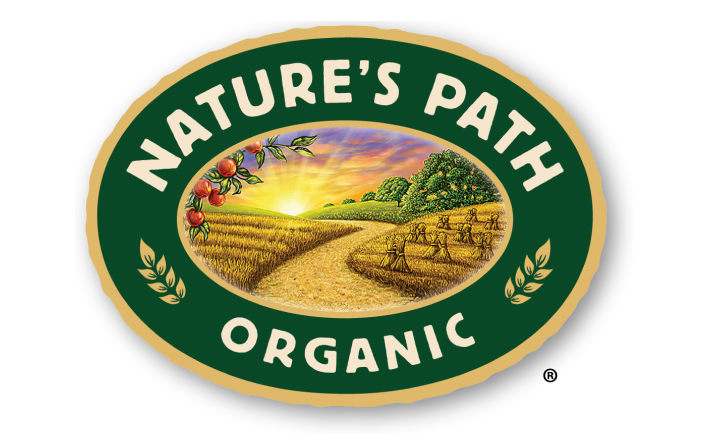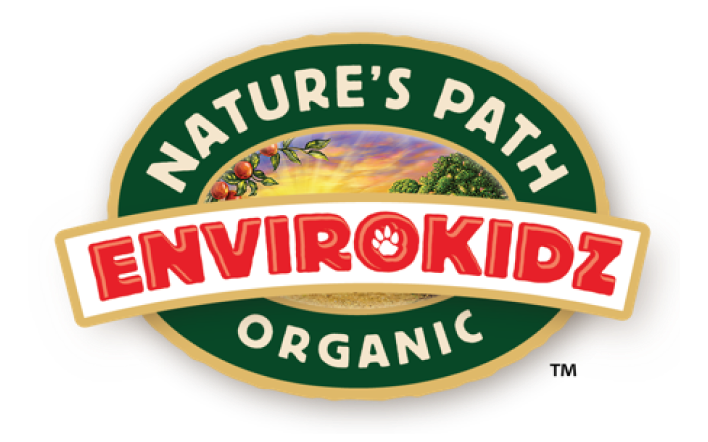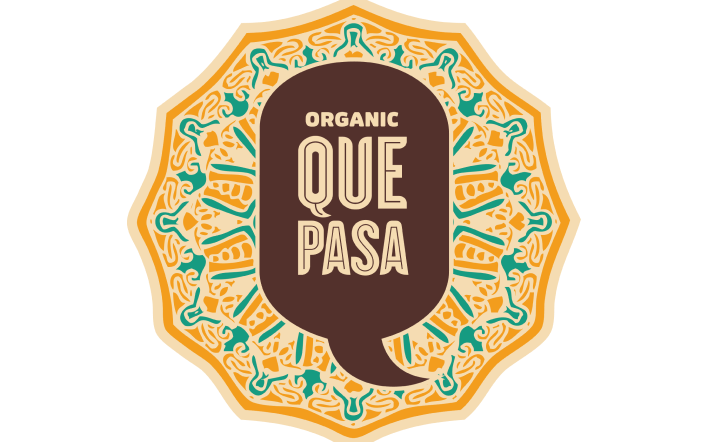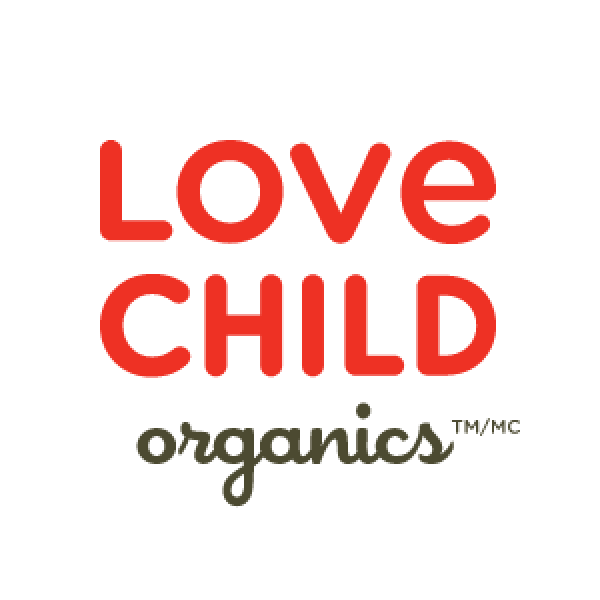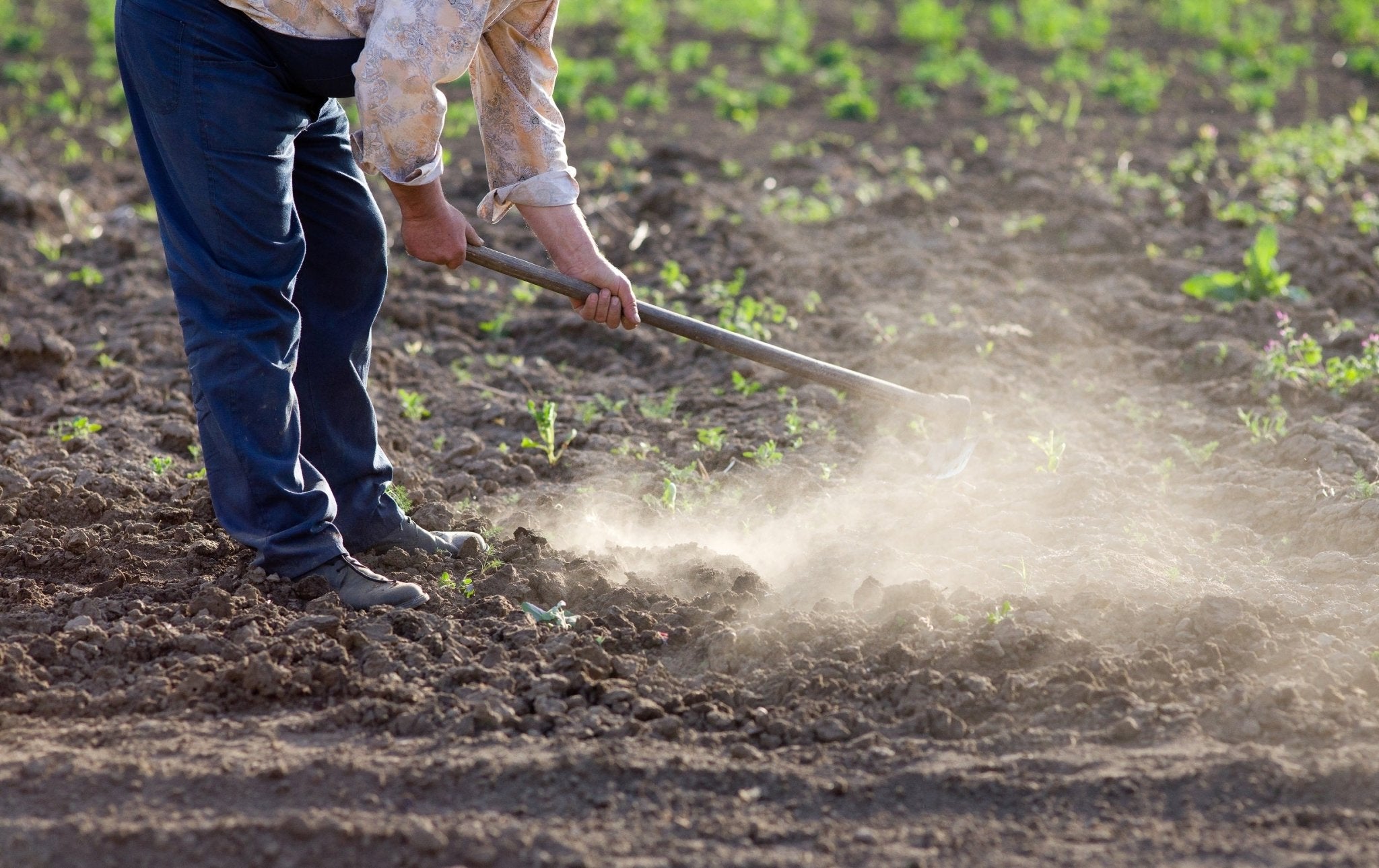
Non-toxic Methods of Pest and Weed Control
The reason we eat organic food and grow organic gardens is to avoid ingesting toxic pesticides and herbicides that damage our health and the environment.
Glyphosate, the main ingredient in Roundup®, is the most popular herbicide in the world. It has been linked to non-Hodgkins lymphona and was labeled as a ‘known carcinogen’ in California in 2017. After it was used to clear milkweed from Midwest farmland, there was an 81% drop in the Monarch butterfly population.
Glyphosate has been banned for home gardening in the Netherlands, and France will follow suit in 2022. Several other countries are also working on banning glyphosate.
Neonicotinoids, or neonics for short, are insecticidal seed treatments. The pesticides are systemic, meaning they move into the plant as it grows, but they can also be used as a foliar spray. No matter how they are applied, neonics spread to ground water and wild plants, far from the fields where they were used.
Neonics cause nerve damage in native and honey bees, disorient them and disrupt their navigation in searching for food sources, and lower reproduction. The European Union is looking to fully expand their partial ban on neonics.
The obvious way to avoid glyphosate and neonics in your yard is to not use them! Opt for organic and natural methods instead.
For each pest, IPM gives information about cultural practices that can be employed to reduce their numbers. For instance, throw away last year’s mulch if there were squash bugs or leaf miners on your plants. Clean up dead garden debris in the fall. Simple practices as these do a lot to reduce insects and the diseases they carry.
That said, there are natural pesticides to discourage or kill insects in your garden. Neem oil for chewing insects, diatomaceous earth (DE) for hard bodied pests, and Bacillus thuringiensis (Bt) for soft bodied worms are good to have on hand.
There are dozens of homemade recipes for DIYers to try out, too.
Be careful with all methods of weed removal so you don’t kill the plants you are trying to save. You also do not want to hurt yourself!


